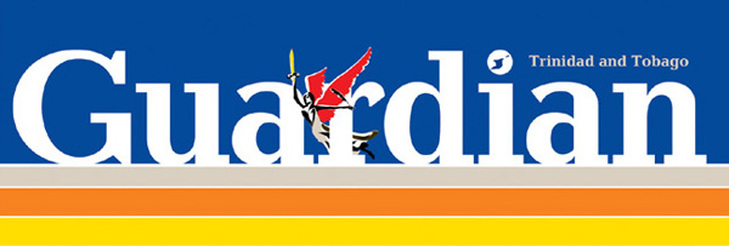As a solution to social problems they say the pre-eminence of militaristic ethics and methods in governance makes war, and the drive to war, increasingly normal. This in turn exacerbates a public health crisis because militarism encourages a world where wars and state violence are frequent.
Wars, whether between states or state-driven against its citizens, of course have greatest impact on innocent civilians. In statistical terms ten civilians die in war for every soldier killed. Other consequences include civilian displacement, insecurity, social division, diminished living conditions, psychosocial and physical consequences, and extreme levels of stress.
Responsible in 2011 for 41% of the world’s total military spending, the USA is a clear-cut example of a state doctrine of militarism and how the ideas of the professional military class can come to direct the administration of government policy and the development of various governing institutions. Both there and here, militarism shapes the culture, politics, and economics of civilian life.
To support their argument the authors of the article recruit numerous studies to show that “militarism is positively correlated with conservatism, nationalism, religiosity, patriotism, and with an authoritarian personality, and negatively related to respect for civil liberties, tolerance of dissent, democratic principles, sympathy and welfare toward the troubled and poor, and foreign aid for poorer nations. Militarism subordinates other societal interests, including health, to the interests of the military.”
Mostly this happens subtly. The human, social and taxpayer costs of militarism are made invisible because militarism is the new normal and embedded in 21st century everyday life. This is most obvious in how oblivious many US citizens are to the negative image of its military held by most of the world, the absurd GDP sums diverted to military spending, and how the military’s warrior culture is increasingly above critique.
Which brings us neatly to our own Super Soldier, National Security Minister, Captain Gary Griffith who according to “sources,” has placed an order – on Cabinet’s behalf – for the purchase of 20 armoured SUVs and 15 armoured personnel carriers (APCs).
This is another example of militarism at home to add to the long list, as its ethics and methods continue to extend into our civilian law enforcement and justice systems. Griffith – as perhaps a soldier does – is proposing military solutions to political problems, suggesting military action is now the inescapable option to issues of crime.
This political leadership impacts news coverage. The language, myths, behaviours and concepts of the military become adopted by the media, which in turn normalises and increases public acceptance of the idea of war.
In the political sphere war is deployed in civilian contexts. There’s the war on terror, the war on drugs, the war on poverty and in a television interview on May 14th the National Security Minister described the country’s fight against crime and criminal activity as another “war”.
All are unwinnable wars of course because they are wars waged with no concrete enemy to defeat, only ideas and social problems, often with many civilian casualties. Is fighting an unwinnable war, endlessly, really what the Minister is proposing for T&T?
Listen to Minster Griffith’s words and its clear he has drunk the militarism kool aid. “The plan is to fight fire with fire and go into the ultimate hotspot areas and take the fight back to the so-called gang leaders who actually have the impression that certain areas and communities belong to them…We will be going in very hard with clinical precision with a special operation group” Griffith said.
This raises many questions; such as does he really think crime and violence in T&T has no connection to elites and white-collar. And worryingly what is the Minister exit strategy from this war?
The Minister speaks about providing the right equipment to tackle out of control crime and violence, the right military toys to take on the criminals. Yet in terms of weapons and personal the state has always outnumbered and outgunned the criminals.
As most non-kool aid drinkers up and down the country point out, it is not better weapons and hardware we need. It is better intelligence and detection rates, less corruption, an improved justice system and something less dangerous to us all – now and in the long run – than militarism. These are issues requiring social and political solutions, not Captain T&T, military toys, and an endless war.

 RSS Feed
RSS Feed